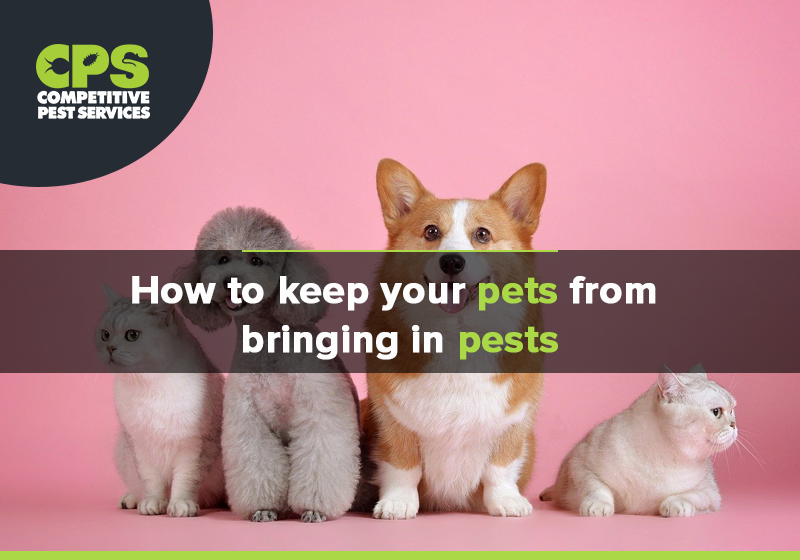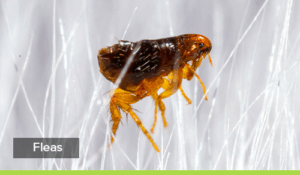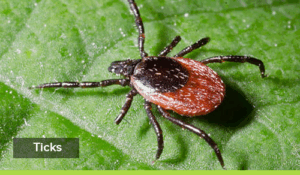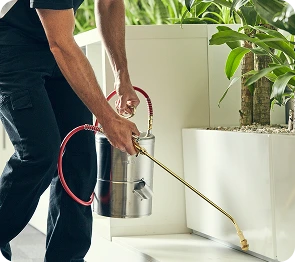How to keep your pets from bringing in pests

Fleas
Fleas are a very common pest that can affect pets, especially cats and dogs. Fleas can cause intense itching, which can lead to skin inflammation and infection, as well as anemia, flea allergy dermatitis, and can transfer tapeworms.
Adult fleas lay their eggs on their host, where they hatch and reproduce. Eggs can also roll off onto nearby surfaces such as carpets, couches, pet bedding-usually anywhere a family pet has access to and particularly likes to lay. One adult flea can lay as many as 20 eggs per day and the eggs typically hatch within 2 to 14 days. As a result, a flea infestation can grow quickly. A large infestation of fleas can be quite difficult to get rid of.

Ticks
Ticks attach themselves to the body by inserting their mouths inside the host’s skin, where they begin to feed on blood. These insects transmit diseases that are harmful to pets and owners alike. Certain species of ticks can carry pathogens that cause Lyme disease. This infection can also be transmitted to dogs and cats via tick bites. If left uncontrolled, Lyme disease can result in joint damage, heart complications, kidney failure, and neurological dysfunction. Infected cats may not always exhibit signs of Lyme disease; those that do might experience lameness, breathing difficulties, fever, and appetite loss.
In addition to Lyme disease, ticks can also cause “tick paralysis” in pets. Tick paralysis occurs when a female tick attaches near a pet’s spinal cord, causing muscle weakness, loss of coordination and in some cases, death from respiratory failure as chest muscles become paralysed.


